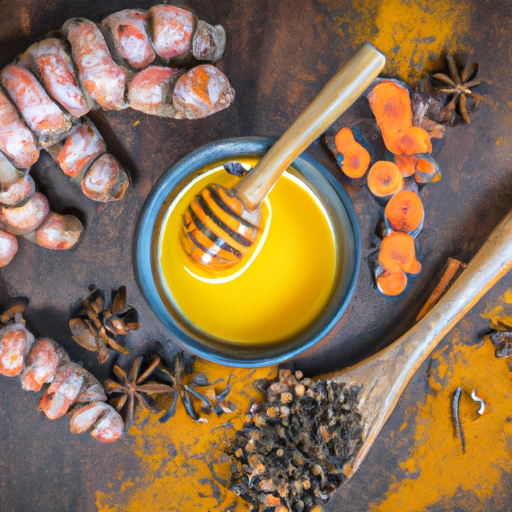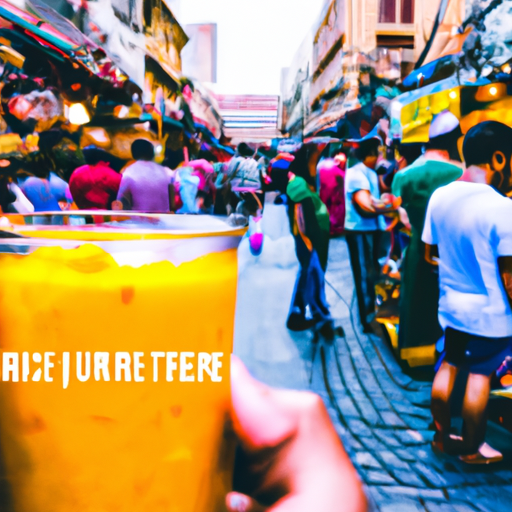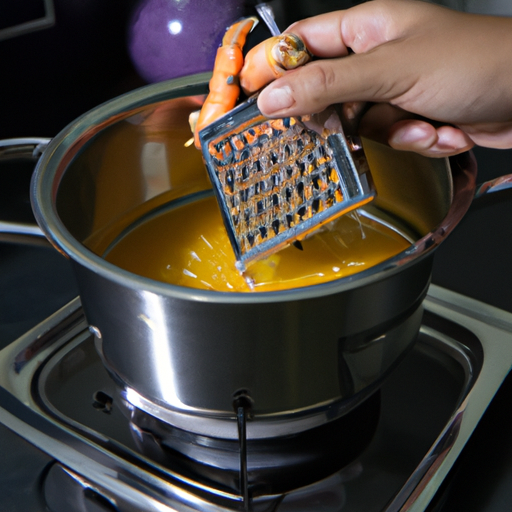As someone who is preparing for surgery, it is important to be aware of the impact that our dietary choices can have on our overall health and recovery.
Imagine this: You’re scheduled for a surgery in two weeks, and you’re eager to ensure the best possible outcome. One key aspect to consider is your diet. The foods we consume leading up to a surgery can significantly affect our body’s ability to heal and recover. Therefore, it is crucial to be mindful of what we eat in the two weeks leading up to the procedure.
By avoiding certain foods, we can minimize the risk of complications and promote a smoother recovery process. In this article, I will discuss the foods that should be avoided two weeks before surgery, based on evidence and expert recommendations. From alcoholic beverages to high-fat and spicy foods, let’s explore the dietary adjustments that can help optimize your surgical experience.
Key Takeaways
- Alcoholic beverages should be avoided for at least two weeks before surgery to reduce the risk of complications and interference with anesthesia.
- Caffeinated drinks, such as coffee and energy drinks, should be limited or avoided before surgery to prevent increased heart rate and blood pressure.
- High-fat foods should be avoided before surgery as they can increase inflammation and hinder the healing process.
- Spicy foods, processed and packaged foods, fast food options, and sugary foods and drinks should be cut back to improve healing and reduce the risk of complications.
Alcoholic Beverages
You shouldn’t indulge in any alcoholic beverages for at least two weeks before your surgery, as they can interfere with the effectiveness of anesthesia and increase the risk of complications. Alcohol consumption and recovery time are closely linked, and it’s important to avoid alcohol during the pre-operative period to ensure a smooth and successful surgery.
Consuming alcohol before surgery can have potential risks such as prolonging the recovery time, impairing the body’s ability to heal properly, and increasing the chances of bleeding during and after the procedure. These risks can be attributed to alcohol’s effects on the central nervous system, blood clotting, and the liver’s ability to metabolize anesthesia. Therefore, it’s crucial to abstain from alcohol to optimize your chances of a safe and speedy recovery.
Moving on to caffeinated drinks, it’s also advisable to limit or avoid them before surgery.
Caffeinated Drinks
Caffeinated drinks, such as coffee and energy drinks, can increase heart rate and blood pressure, potentially affecting the outcome of your surgery. Did you know that an average cup of coffee contains about 95 milligrams of caffeine? It’s important to be aware of the effects of caffeine on your body, especially if you’re planning to undergo surgery. Caffeine withdrawal is a real concern, as suddenly stopping your intake can lead to symptoms like headaches, fatigue, and irritability. To avoid these symptoms, consider gradually reducing your caffeine intake in the weeks leading up to your surgery. There are also plenty of alternative drinks you can enjoy that are caffeine-free, such as herbal teas, decaffeinated coffee, and fruit-infused water. These options can still provide a satisfying beverage experience without the potential risks associated with caffeine. Making this switch can help ensure a smoother surgery and recovery process. Now, let’s move on to discussing the impact of high-fat foods.
High-Fat Foods
Indulging in rich, fatty meals prior to surgery can add an extra layer of excitement to your dining experience. However, it’s important to be mindful of the potential impact these high-fat foods can have on your body. Opting for low carb options and healthy meal planning can help ensure a smoother surgery and recovery process.
When it comes to high-fat foods, it’s best to steer clear of them in the weeks leading up to your surgery. These foods can increase inflammation and make it harder for your body to heal. Instead, focus on incorporating lean proteins, fruits, and vegetables into your meals. These nutrient-rich options provide essential vitamins and minerals that support your immune system and aid in the healing process.
Now, let’s transition into the next section where we will discuss another type of food to avoid before surgery: spicy foods.
Spicy Foods
Transitioning into the next section, let’s dive into the fiery world of spicy foods and their impact on your surgical journey.
Spicy foods, although delicious, can have negative effects on the healing process after surgery. They can cause irritation and increase the risk of complications, such as stomach upset or acid reflux. However, if you’re a fan of spicy flavors, there are alternatives you can explore. Instead of adding heat with chili peppers, try incorporating herbs and spices like basil, oregano, or turmeric for flavor. These alternatives can still provide a satisfying taste without the potential drawbacks.
Moving on to the subsequent section about processed and packaged foods, it’s important to be mindful of their impact on your surgical recovery.
Processed and Packaged Foods
When it comes to your surgical journey, it’s crucial to be cautious with processed and packaged foods as they can hinder your healing process and potentially lead to complications.
These foods often contain high levels of sodium, unhealthy fats, and preservatives, which can increase inflammation and delay wound healing. Instead, focus on consuming whole foods that are rich in essential nutrients to support your body’s recovery. Nutritional supplements may also be recommended by your healthcare provider to ensure you’re meeting your nutritional needs.
Additionally, it’s important to steer clear of fast food options, as they’re often high in unhealthy fats, sodium, and calories, which can negatively impact your surgical outcome.
Transitioning to the next section about ‘sugary foods and drinks’, it’s equally important to avoid these items as they can also impede your healing process.
Sugary Foods and Drinks
Cutting back on sugary foods and drinks is like taking a step towards a sweeter, healthier recovery journey. Excessive sugar intake can have negative effects on surgical recovery. It can slow down wound healing, weaken the immune system, and increase the risk of infection.
Instead of reaching for sugary beverages, consider hydrating with alternatives such as water, herbal tea, or infused water with fresh fruits and herbs. These options not only provide hydration but also offer additional health benefits. For example, herbal teas can have anti-inflammatory properties, while infused water can provide essential vitamins and minerals.
Making these small changes in your diet can greatly improve your chances of a successful surgery and a speedy recovery.
Now let’s move on to the next section about raw or undercooked meats and seafood.
Raw or Undercooked Meats and Seafood
To ensure a safe and successful surgery, it’s crucial to steer clear of raw or undercooked meats and seafood. These foods can harbor harmful bacteria and pose a risk of foodborne illnesses. Proper cooking techniques and food safety precautions are essential to eliminate these risks.
| Cooking Technique | Food Safety Precautions |
|---|---|
| Grilling | Ensure meat is cooked thoroughly and reaches the appropriate internal temperature. Use a meat thermometer to check for doneness. Avoid cross-contamination by keeping raw and cooked meats separate. |
| Roasting | Cook meats at a high enough temperature to kill bacteria. Use a roasting pan with a rack to allow air circulation and prevent the meat from sitting in its own juices. Follow recommended cooking times for different types of meat. |
| Boiling | Ensure seafood is cooked until it becomes opaque and firm. Avoid overcooking, as this can result in a tough texture. Discard any shellfish that do not open during cooking. |
| Steaming | Steam seafood until it is fully cooked and opaque. Do not overcrowd the steamer to ensure even cooking. Avoid cooking seafood for too long, as it can become rubbery. |
By following these cooking techniques and food safety precautions, you can reduce the risk of foodborne illnesses and ensure a safe surgical procedure.
Frequently Asked Questions
Can I consume decaffeinated drinks instead of caffeinated ones during the two weeks before surgery?
During the two weeks before surgery, it’s advisable to opt for decaffeinated drinks as an alternative to caffeinated ones. They provide a caffeine-free option while still satisfying your thirst and offering a sense of comfort.
Are there any specific types of high-fat foods that should be avoided, or is it all high-fat foods in general?
Specific high-fat foods to avoid include fried foods, fatty cuts of meat, full-fat dairy products, and processed snacks. Consuming these foods can increase the risk of complications and prolong the healing process after surgery.
Are there any exceptions for consuming processed and packaged foods if they are marked as "low-fat" or "healthy"?
Exceptions for consuming processed and packaged foods labeled as "low-fat" or "healthy" should be approached with caution. Reading food labels is important, as these terms can be misleading. It’s best to consult with a healthcare professional before making any dietary decisions before surgery.
Are there any alternatives to sugary foods and drinks that can be consumed during the pre-surgery period?
During the pre-surgery period, I recommend exploring healthier options to satisfy your sweet cravings. Opt for alternatives like fresh fruits, unsweetened yogurt, or dark chocolate in moderation. Stay hydrated with water, herbal teas, or infused water for a refreshing and healthy drink option.
Can I eat sushi or other types of raw seafood if they are from reputable sources and properly handled?
Yes, it is generally safe to eat sushi or other types of raw seafood from reputable sources that handle them properly. However, it is important to take necessary precautions to ensure sushi safety and minimize the risk of foodborne illnesses.
Conclusion
In conclusion, it’s important to be mindful of the foods we consume in the weeks leading up to surgery. Avoiding alcoholic beverages and caffeinated drinks, high-fat and spicy foods, processed and packaged foods, sugary foods and drinks, as well as raw or undercooked meats and seafood can help optimize our body’s healing process.
By making these dietary adjustments, we can support our immune system, reduce the risk of complications, and ultimately improve our chances of a successful surgery and speedy recovery.
Remember, what we eat plays a crucial role in our overall well-being.










